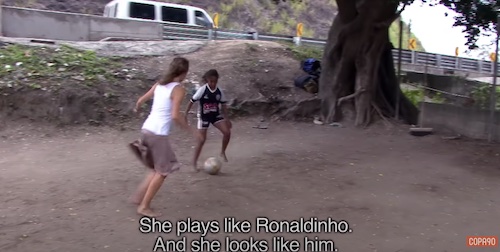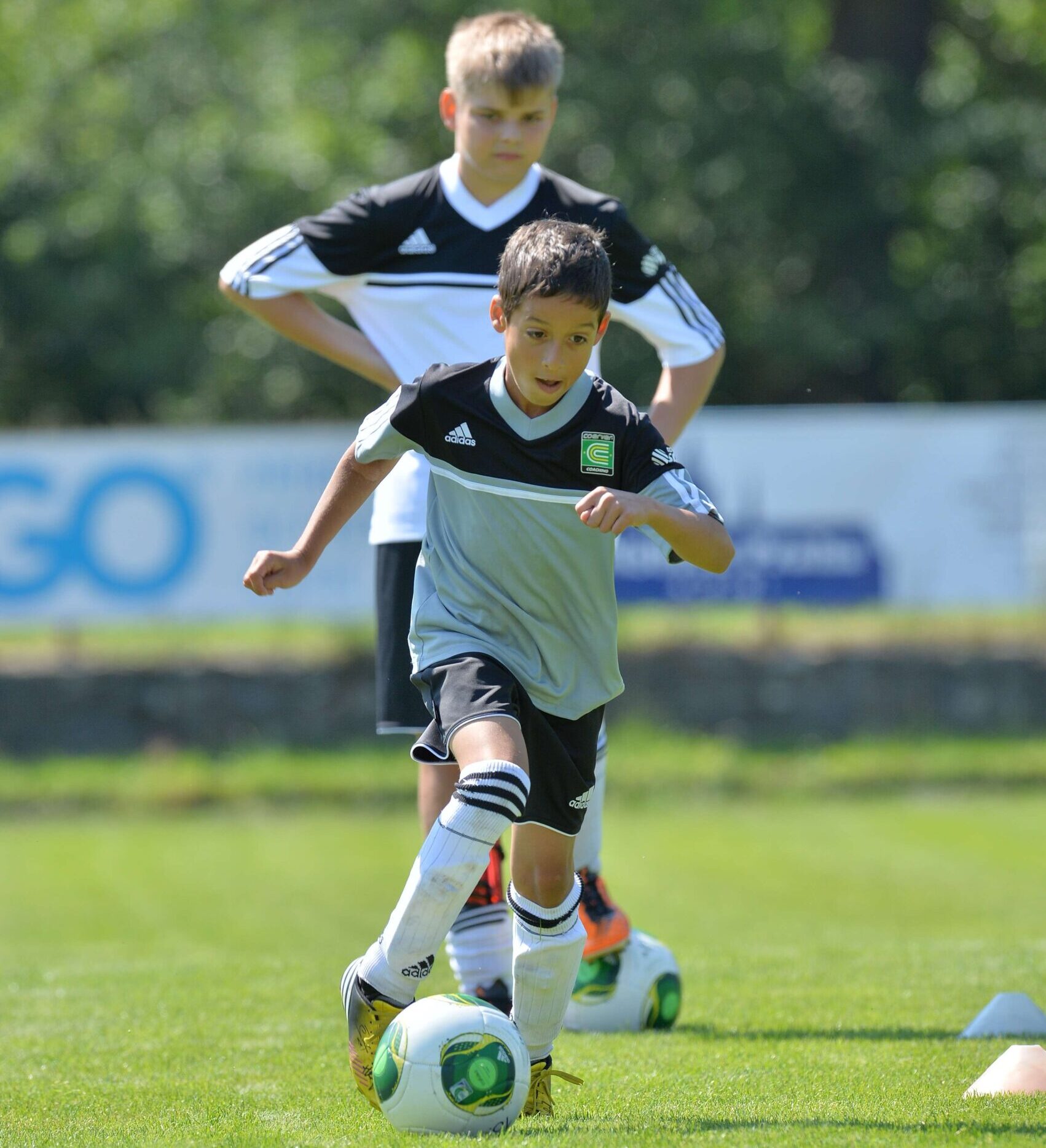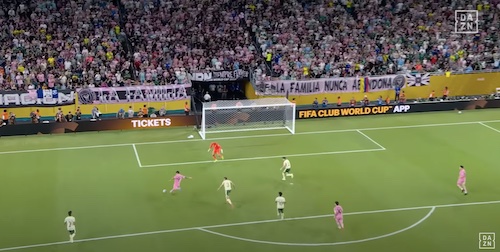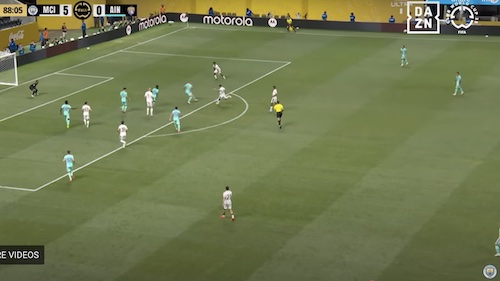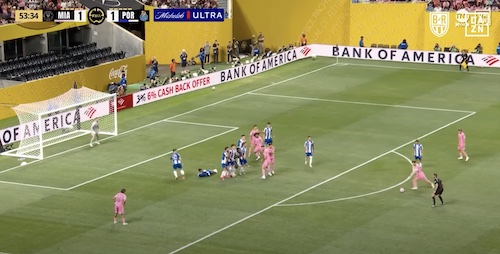Pelada review: I just watched the soccer documentary Pelada and have to say this is a very good soccer movie. It’s really about the joy of sharing the soccer ball with others in competition. Pelada is a documentary following Luke and Gwendolyn, two former college soccer stars who didn’t quite make it to the pros. Not ready for it to be over, they take off, chasing the game. From prisoners in Bolivia to moonshine brewers in Kenya, from freestylers in China to women who play in hijab in Iran, Pelada is the story of the people who play.
Away from the bright lights and manicured fields, there’s another side of soccer. Two players, twenty-five countries, one game.
The award-winning ‘Pelada’ (released in 2010) explores the world travels of two former collegiate players as they tour the world to see the game played by regular people.
This COPA90 Showcase was directed by Rebekah Fergusson, Luke Boughen, Gwendolyn Oxenham and Ryan White, and is a Tripod Media production.
Pelada makes you want to go out and play soccer. It makes you want to share the game with others – to knock the ball back and forth and figure things out on the soccer pitch.
Since, in many ways, that’s what we do when we play soccer: we share a conversation and try to work the ball up the field and into the goal, together.
We are having a conversation via the soccer ball, with our own teammates and the other team. Will my teammate see me make this run? Will they know I want to play a give and go? And then with the other team. Can I beat this player? Will they bite on this fake?
If you haven’t seen it, go rent it on iTunes or buy it over at Amazon.com, you’ll be happy you did. It’s a movie that will inspire you. Ever soccer fan and player will be inspired by Pelada.
For me, one of the most interesting aspects of the movie was the coming to grips by both Luke and Gwen, more so Gwen, of knowing that they had to move on from the dream that they were going to play professional soccer. It is not an easy realization to come to, especially when you’ve put so much time into the game.
And I just like how much they loved to play the game and how they got that adrenaline rush from playing. It was the intensity they sought out in the game but also the connection with other people.
What’s also true is how it’s a gift just to be able to play soccer. It’s a gift to be healthy and have the ability to run around, sweat, laugh, and to try new things. What a pleasure it is to play the game. There’s nothing better. An idea that I think also comes across in the movie, you see just how fortunate you are to play the game.
There were a lot of things that stood out in the movie, but here were a few that moved me:
The Iranian girls playing soccer. These girls were very good. You could tell they spent time playing the game. To think that they aren’t allowed to play organized soccer.
Ronaldinha. Who they say at the end of the movie is on the Brazilian women’s youth national team. She looks so quick and skillful. She might just give Marta a run for her money.
Kenya. There was a small patch of dirt which they called the soccer field and was once a garbage dump. Kenya was a moonshine maker by day but took great pride in his ability to play the game even though he was worn out from a long days work. It was what he lived for in many ways, this chance to play.
Gwen’s tryout with the women’s professional league. When she returned from the trip and after all the pickup games across the globe, she got her shot with the pros. After seeing how much she loved the game of soccer throughout the film, it was tough to see her not make the new women’s professional league when she wanted it so badly.
The workers playing the game. These were the shots of the ambulance drivers playing soccer during the European Championships game and the workers helping to build the stadium for the 2010 World Cup in South Africa, who played during their lunch break.
They talked about making a new movie called Has-beens. I hope they make it. I’d like to see it.











